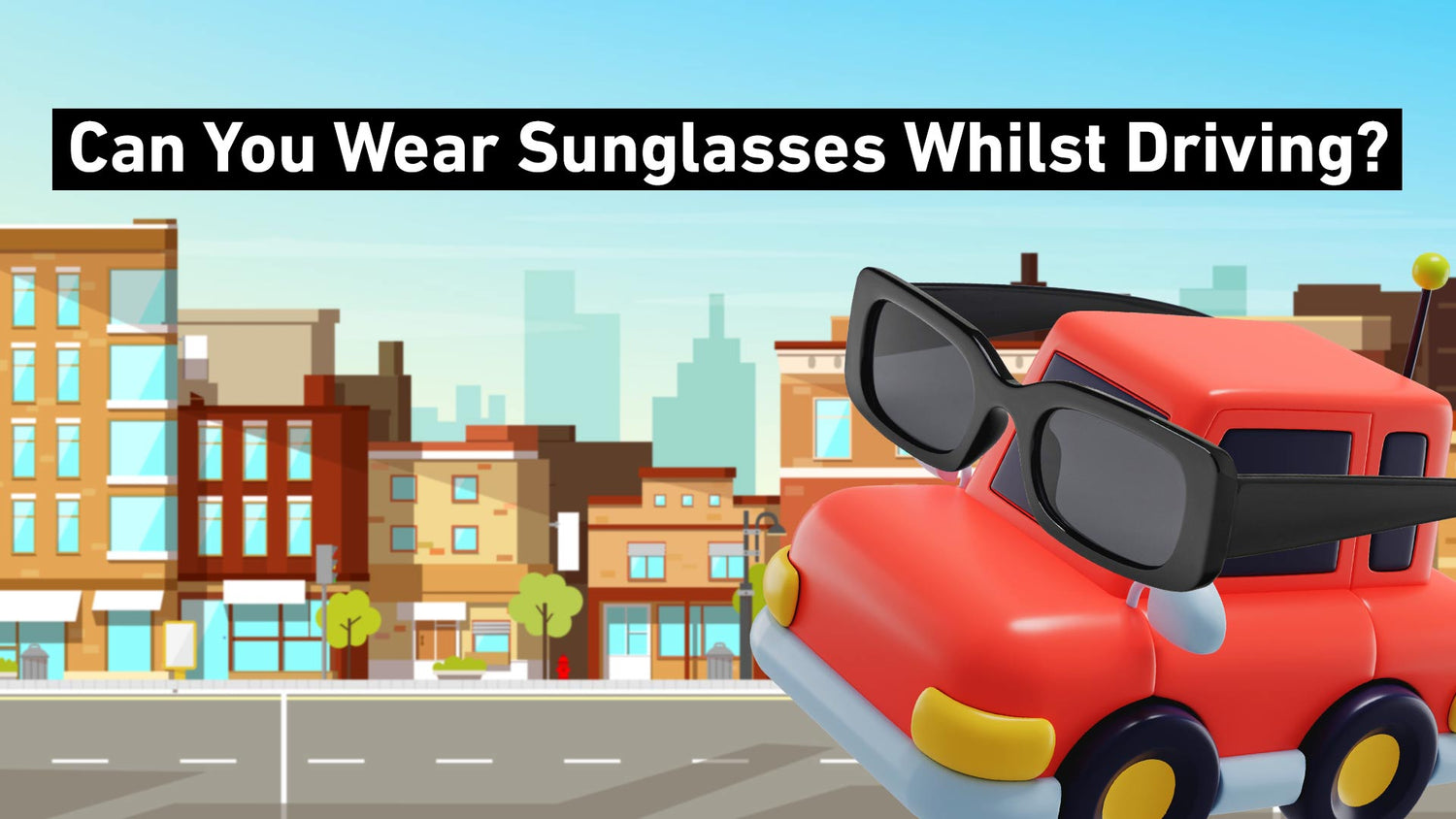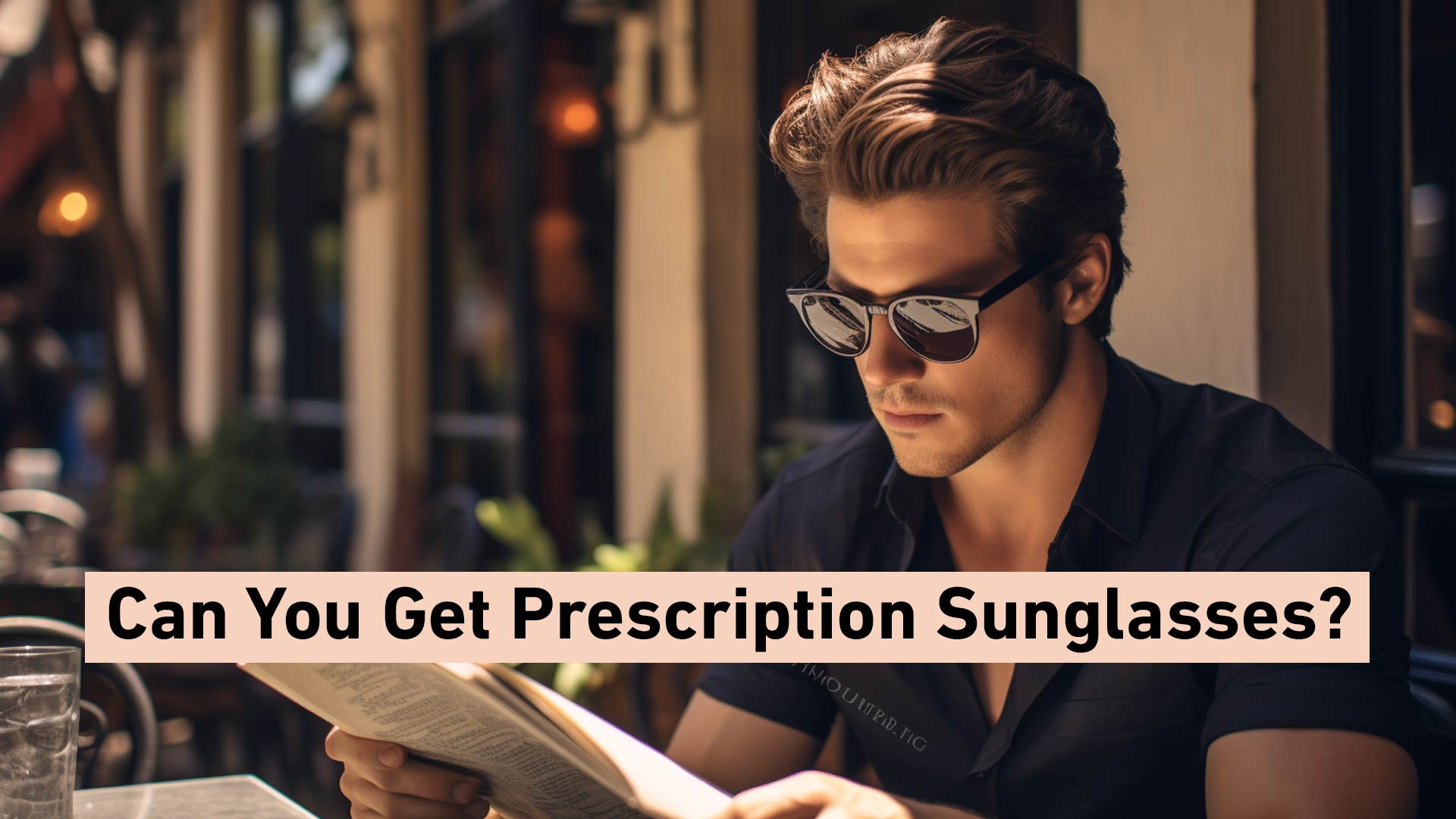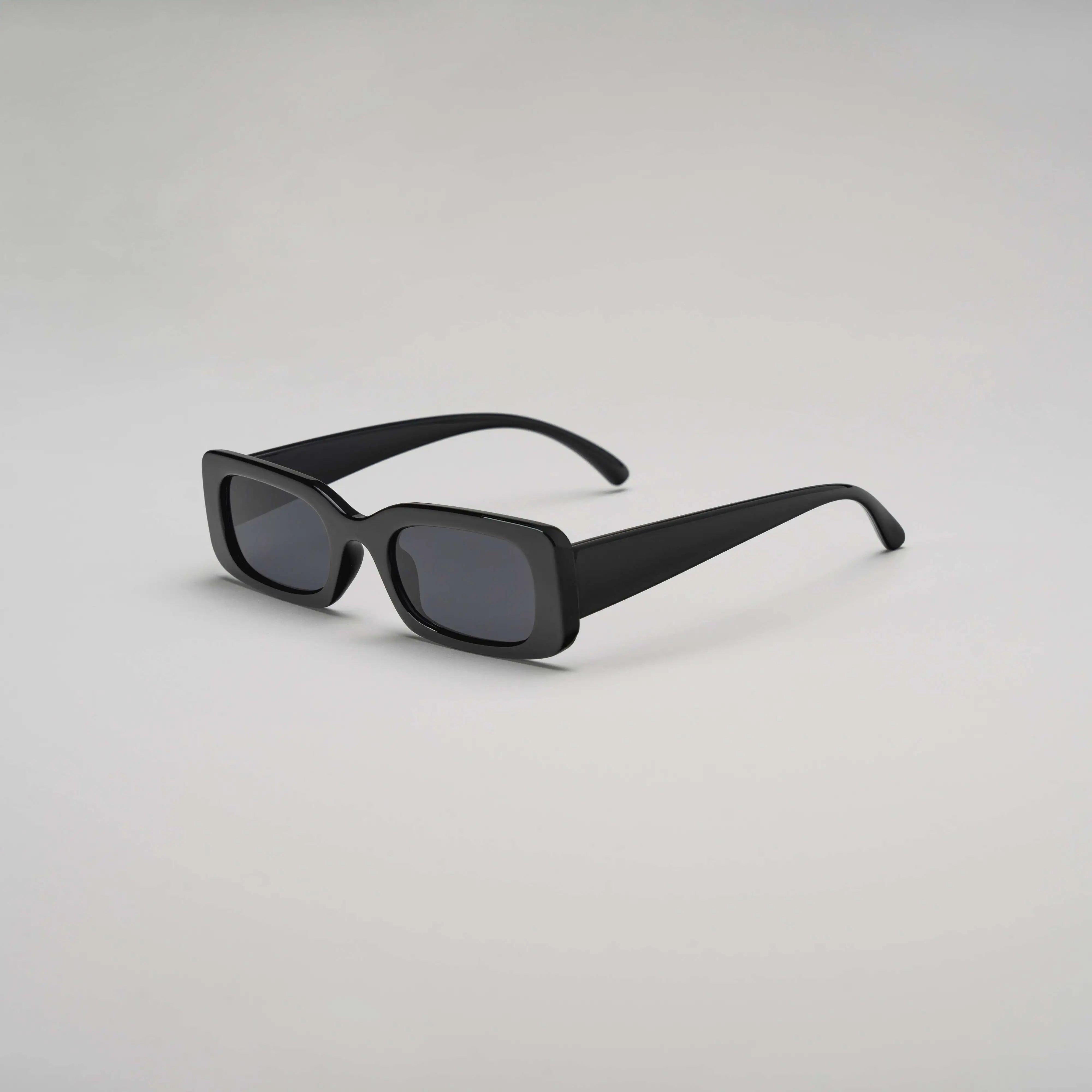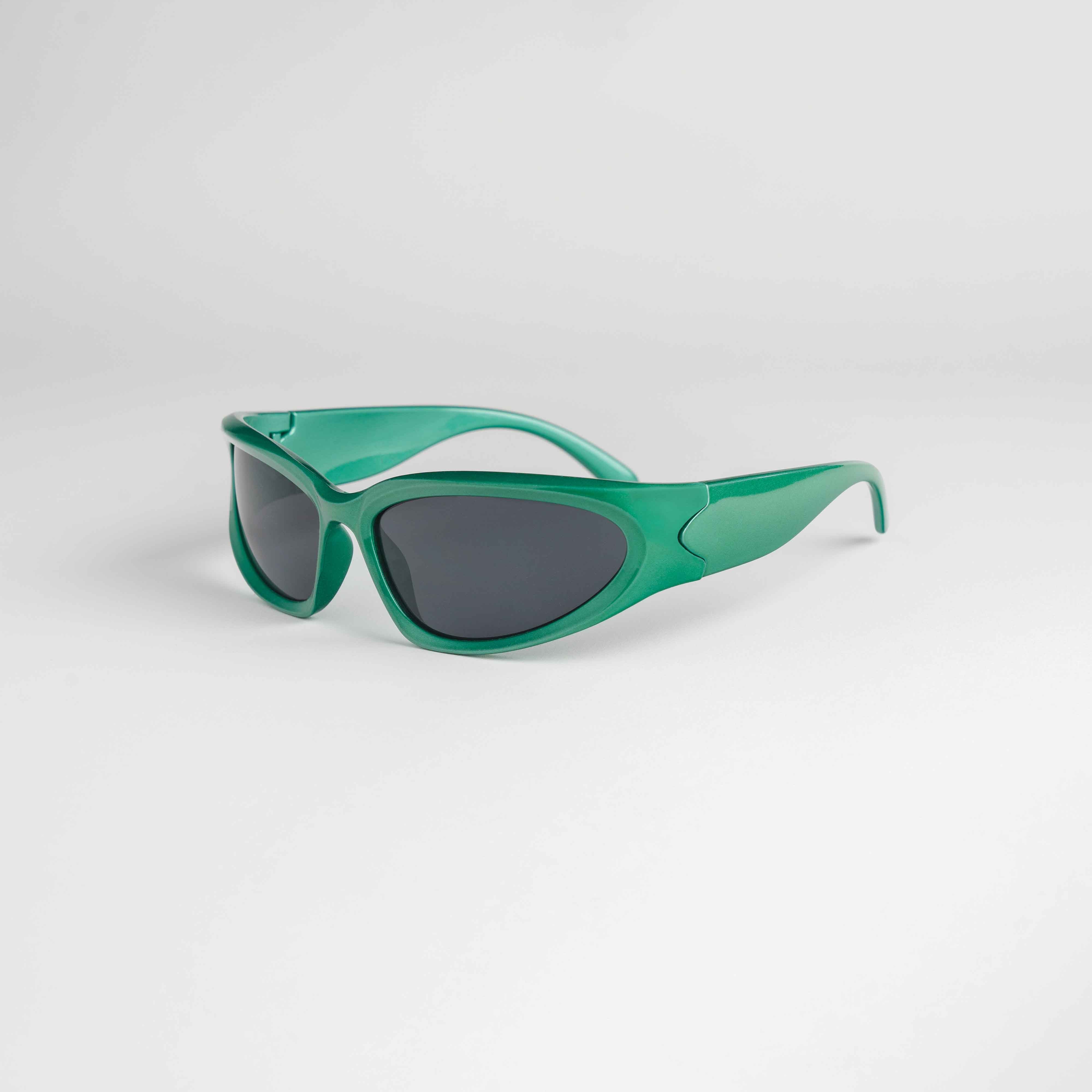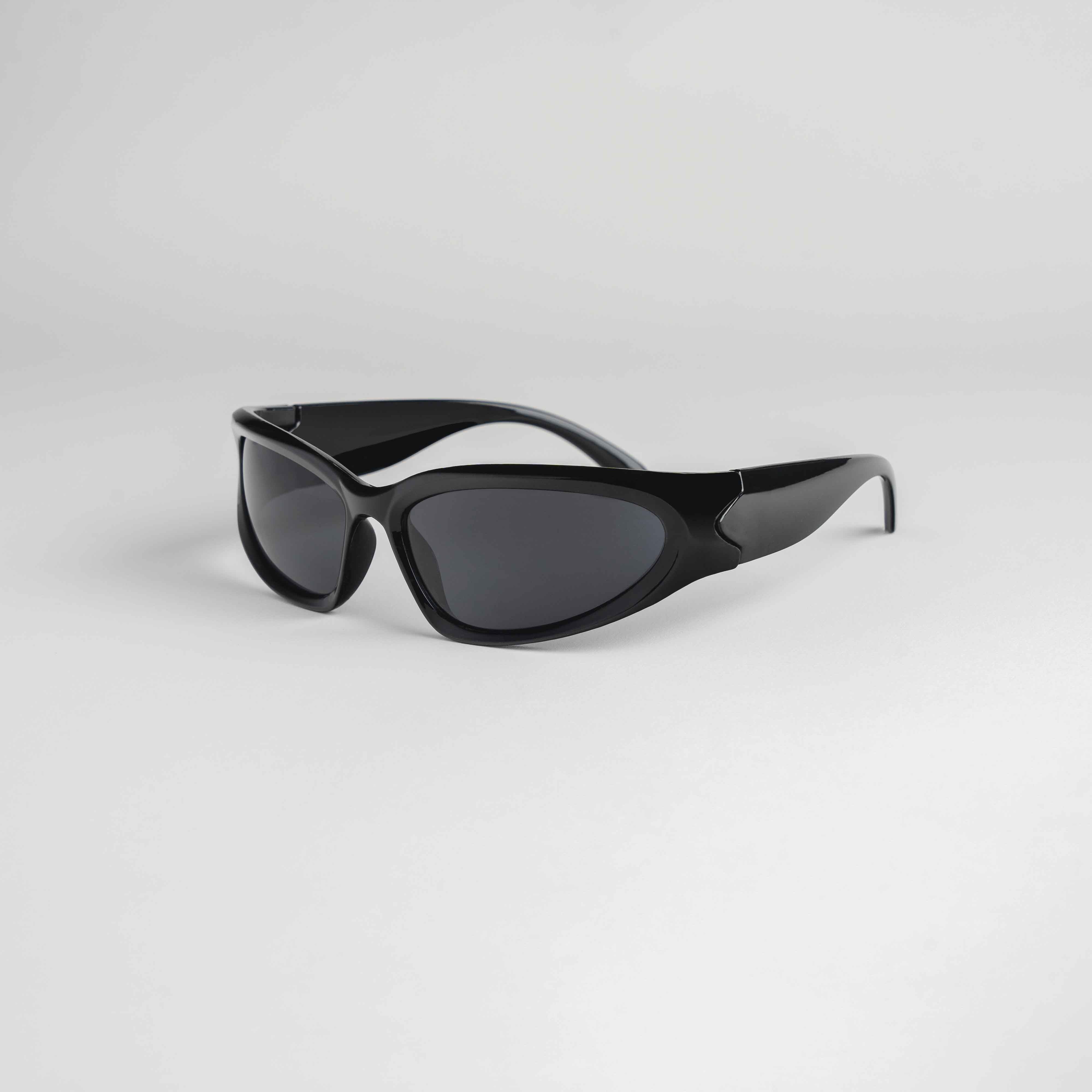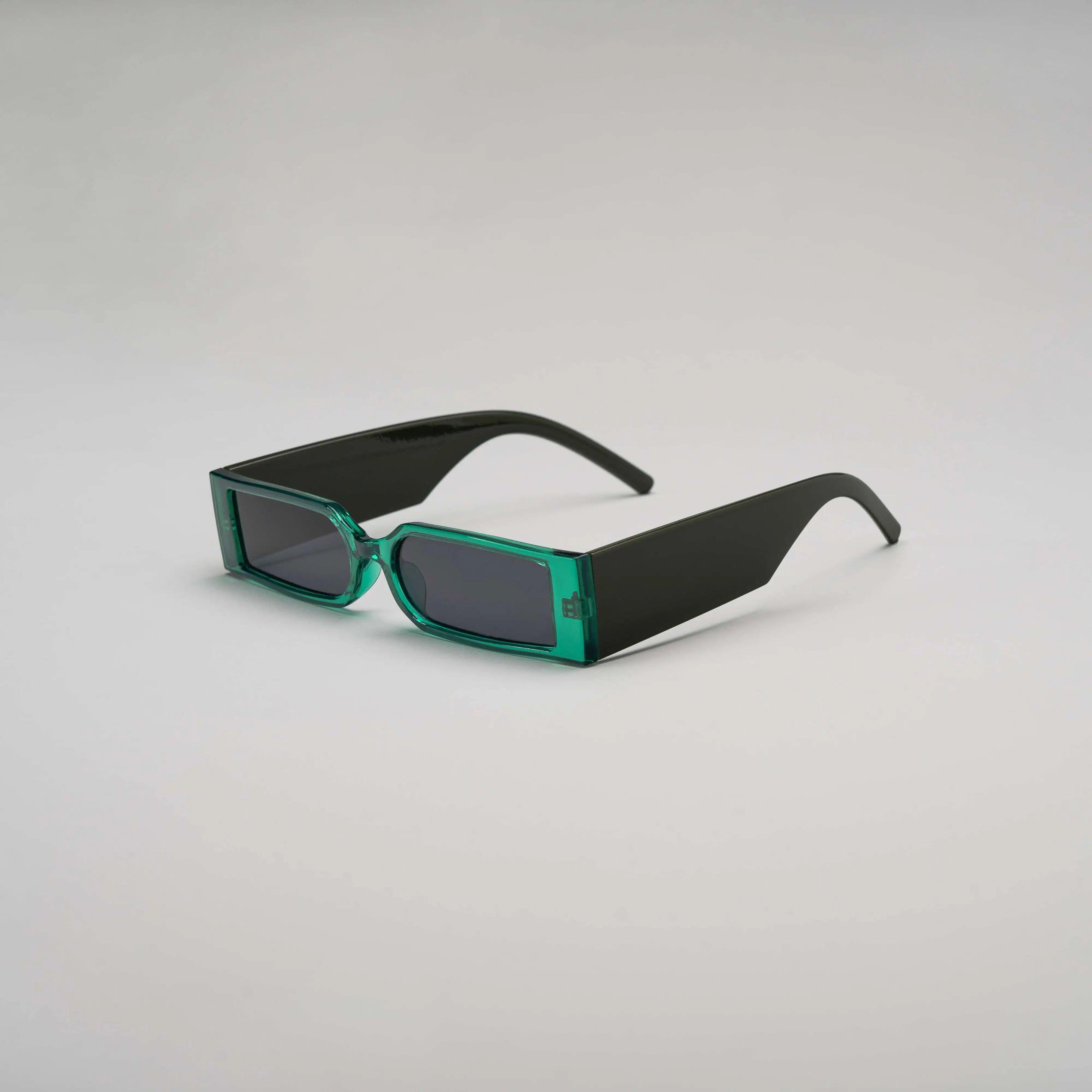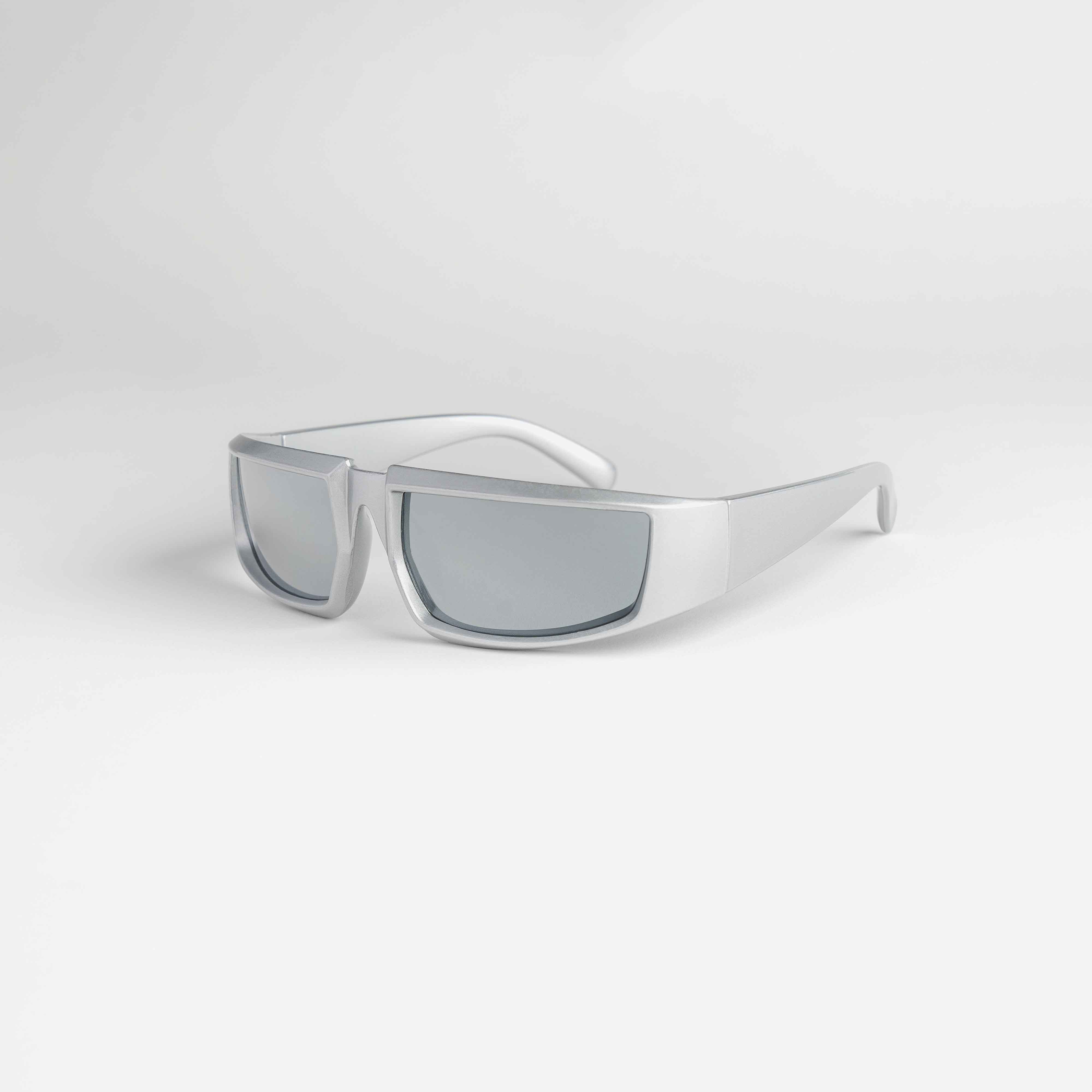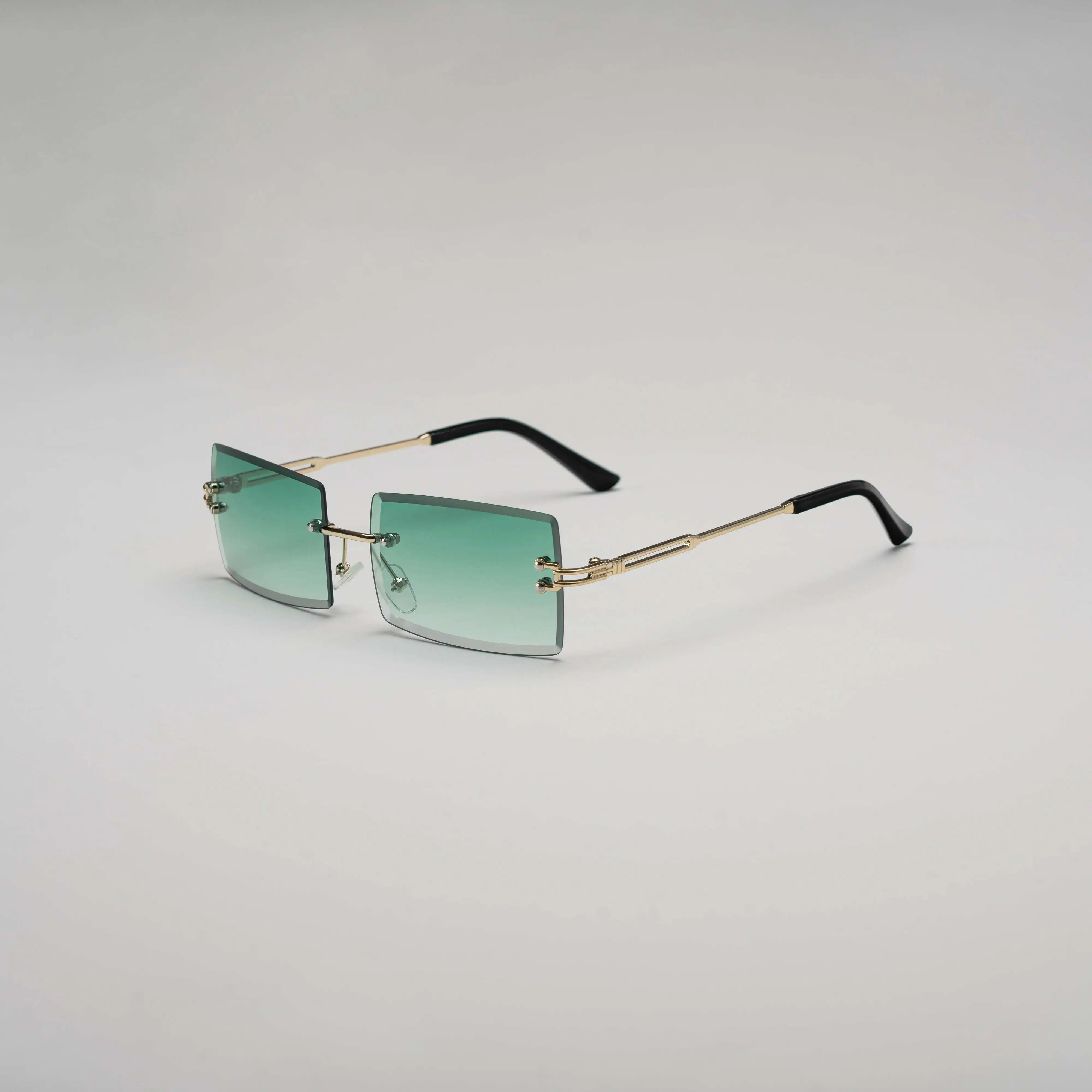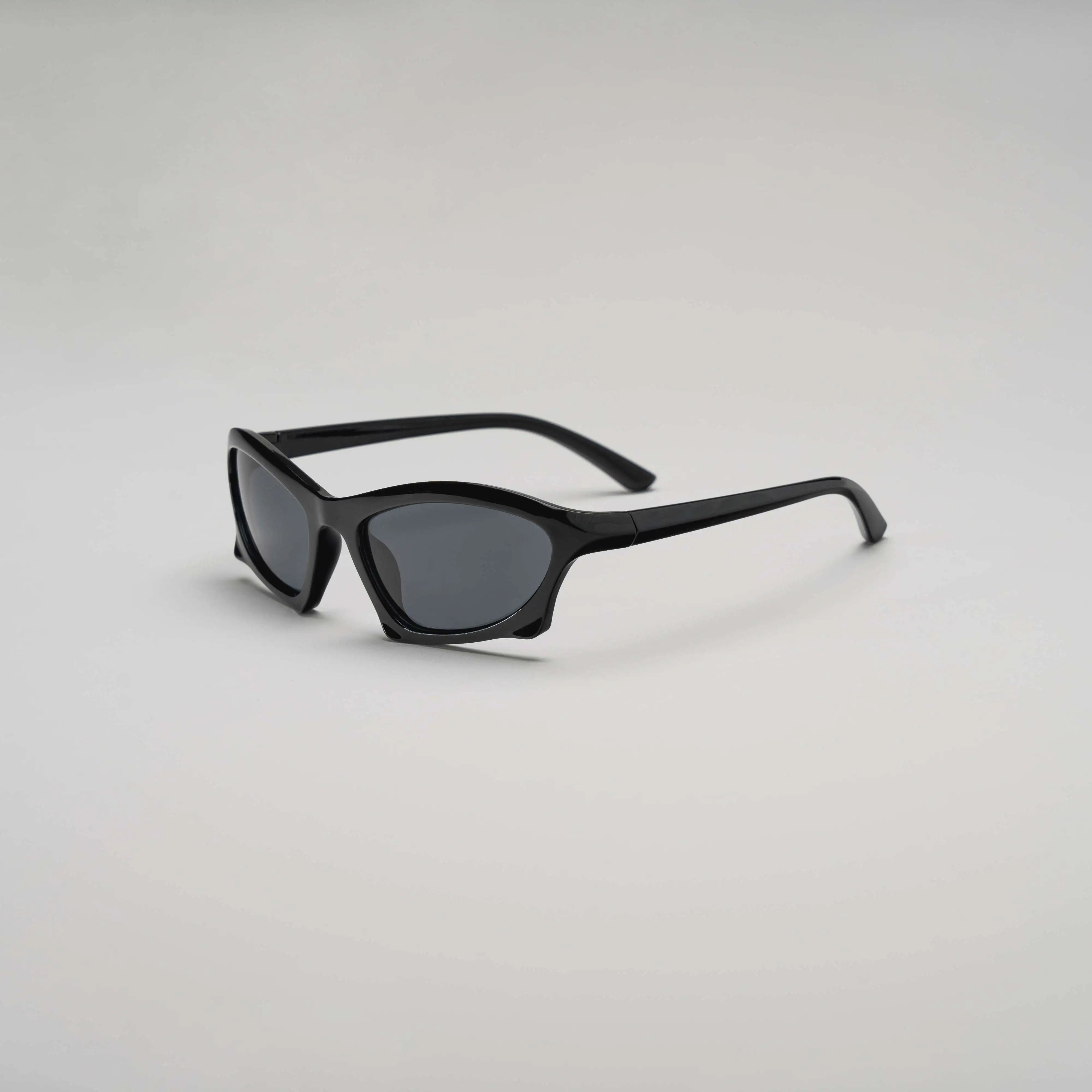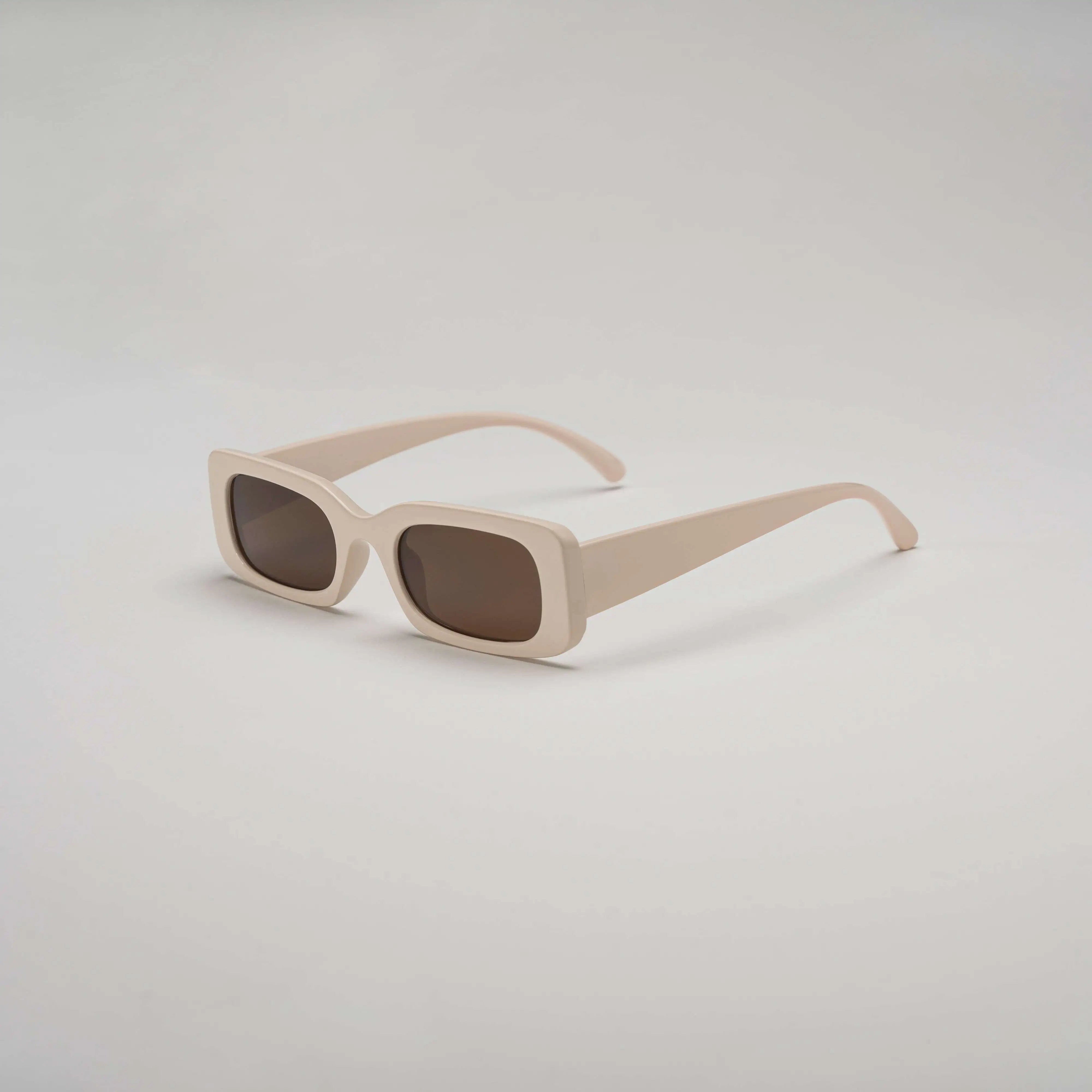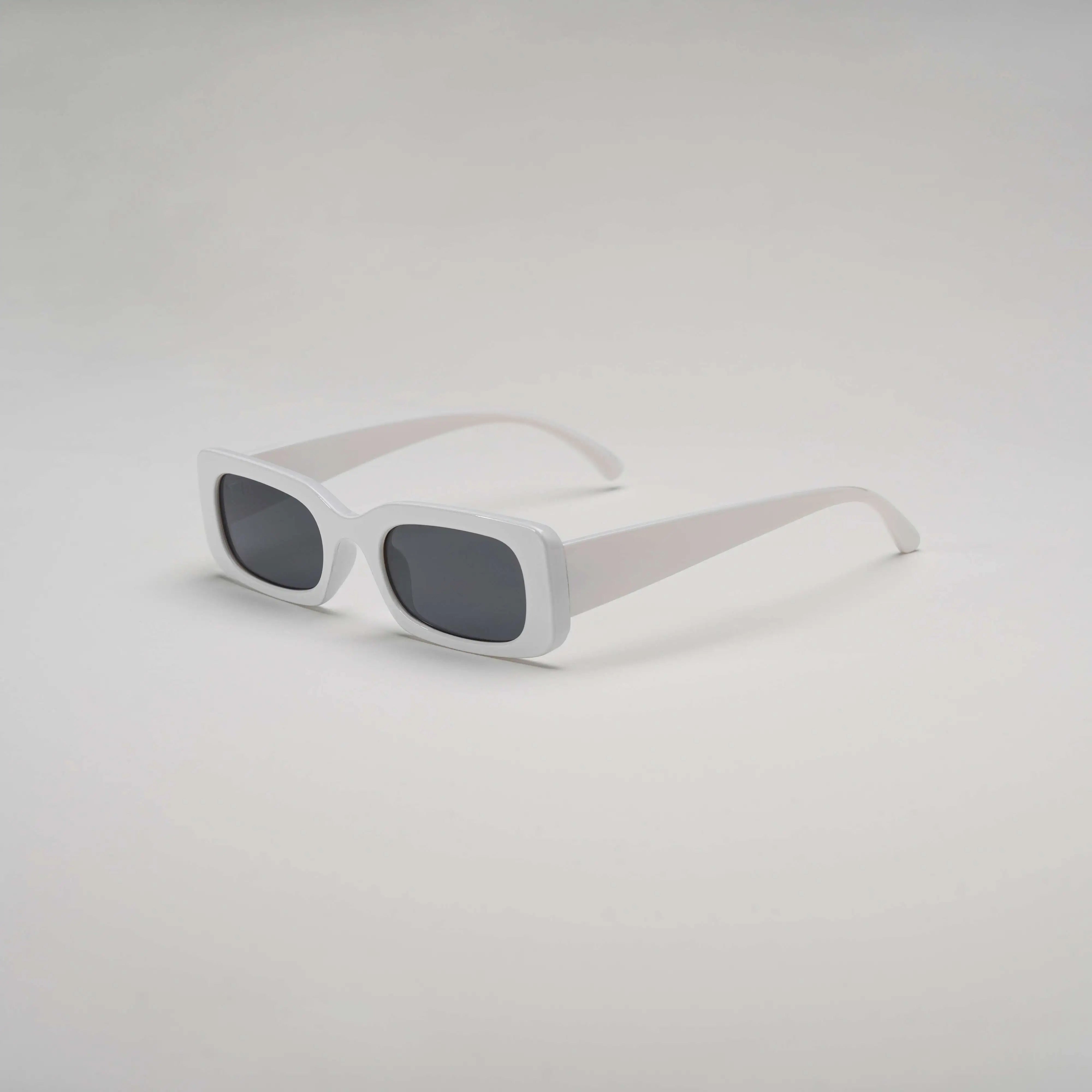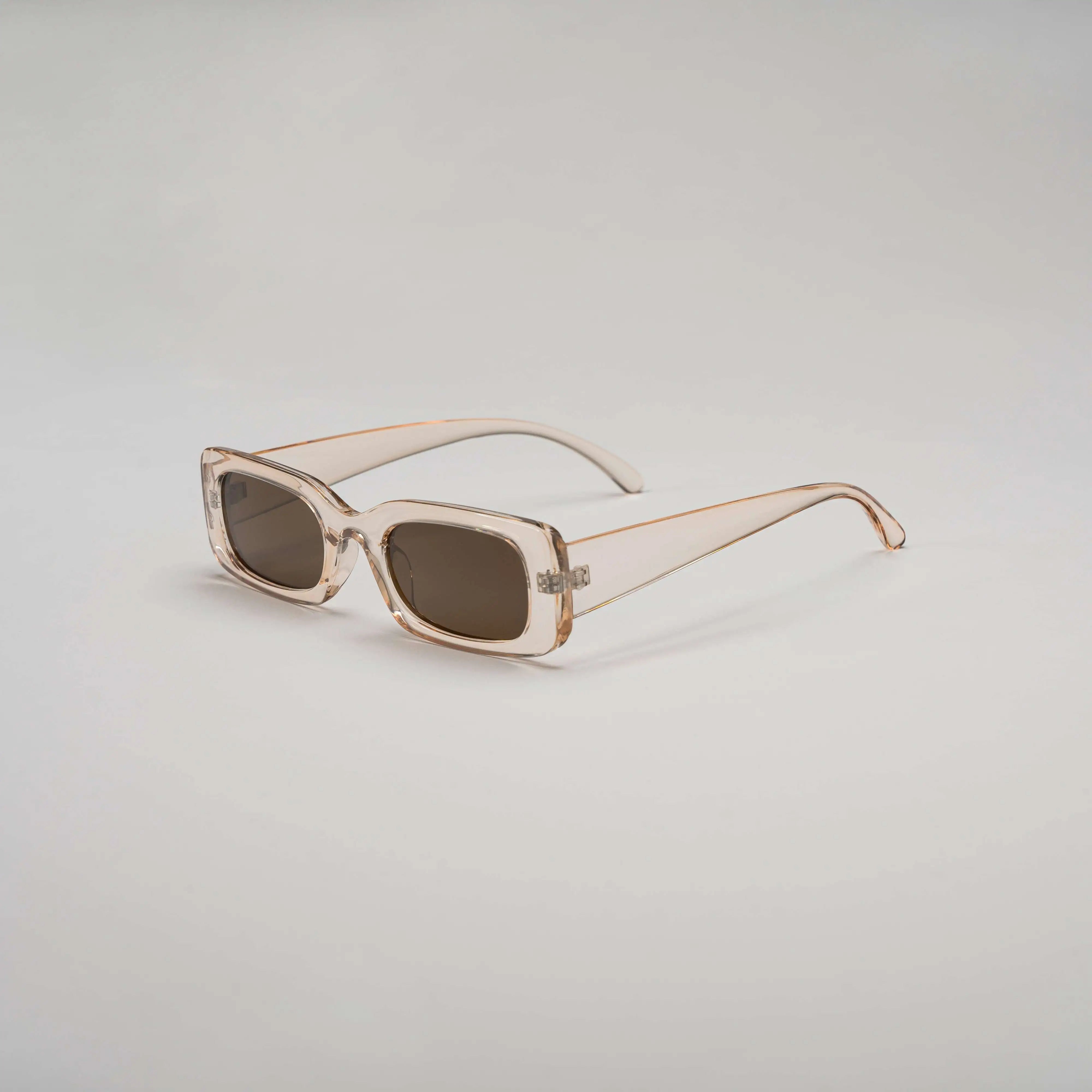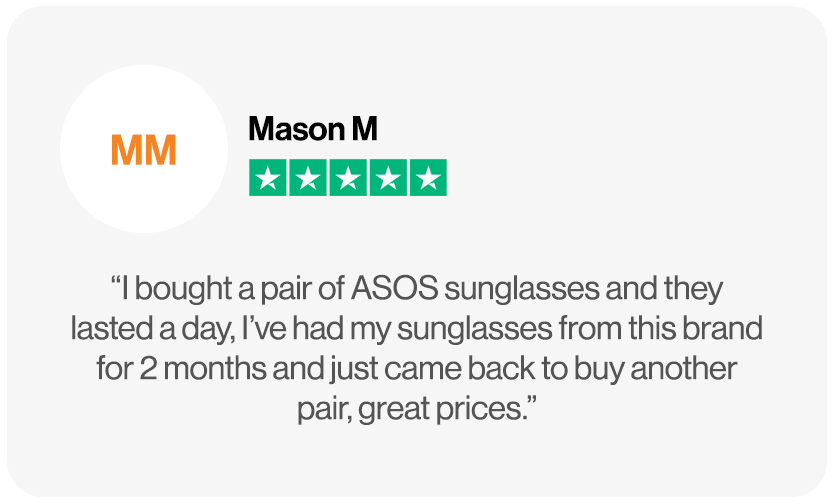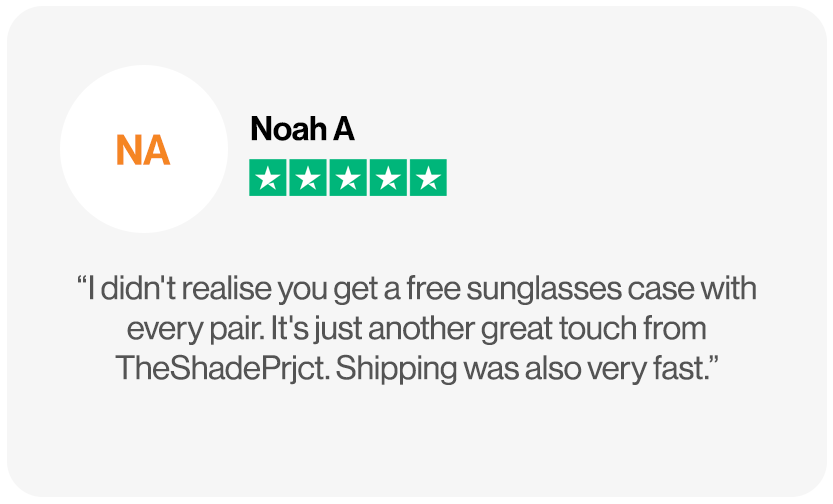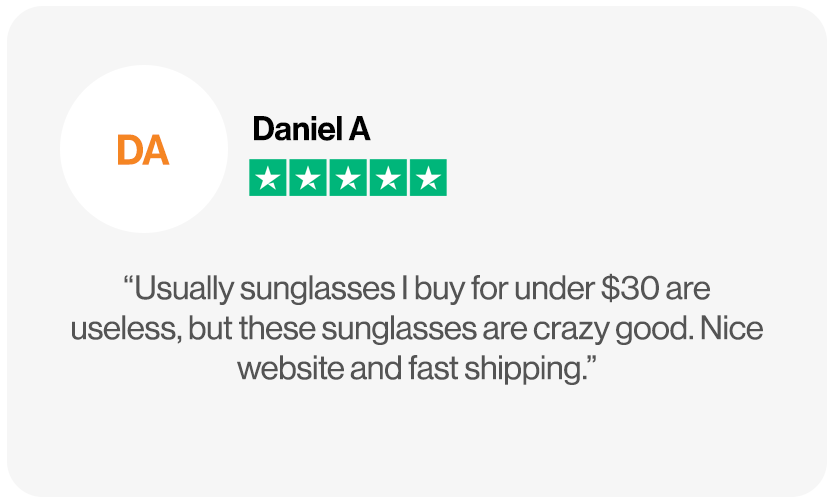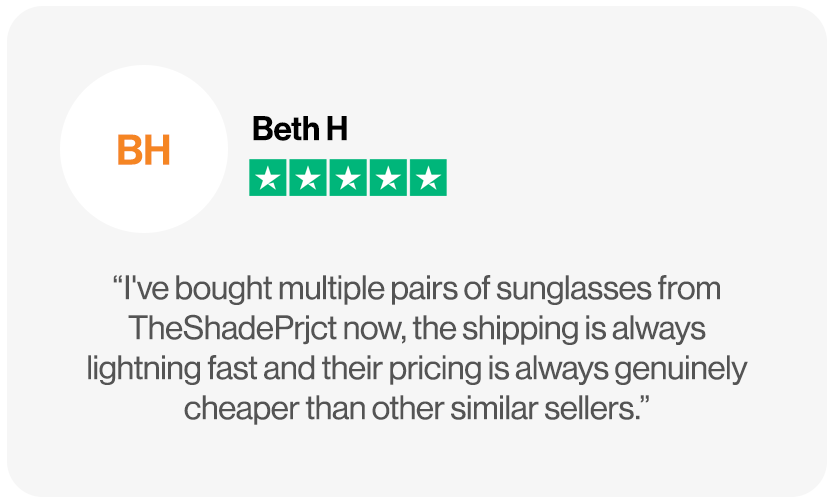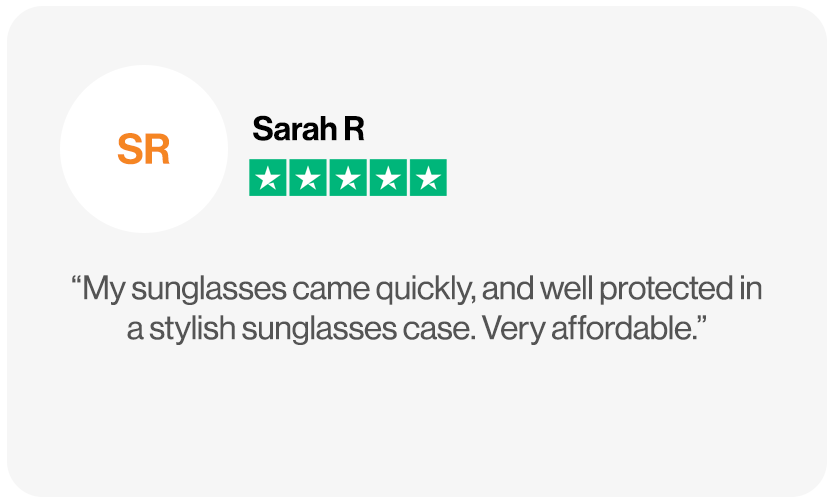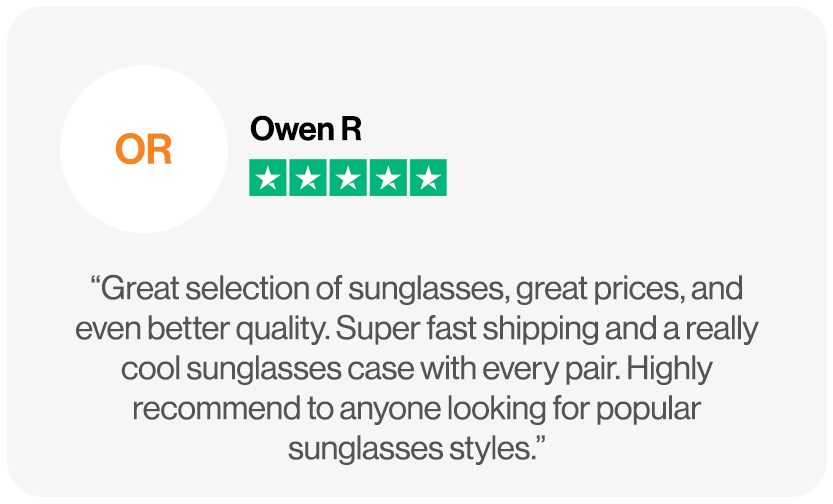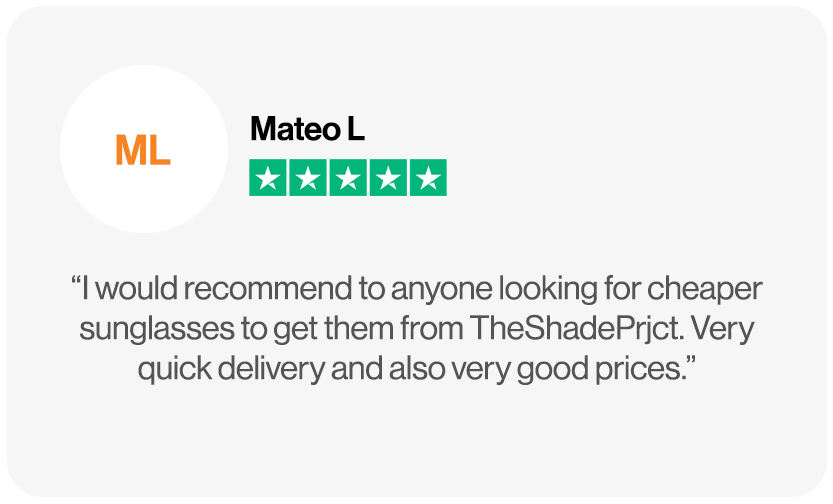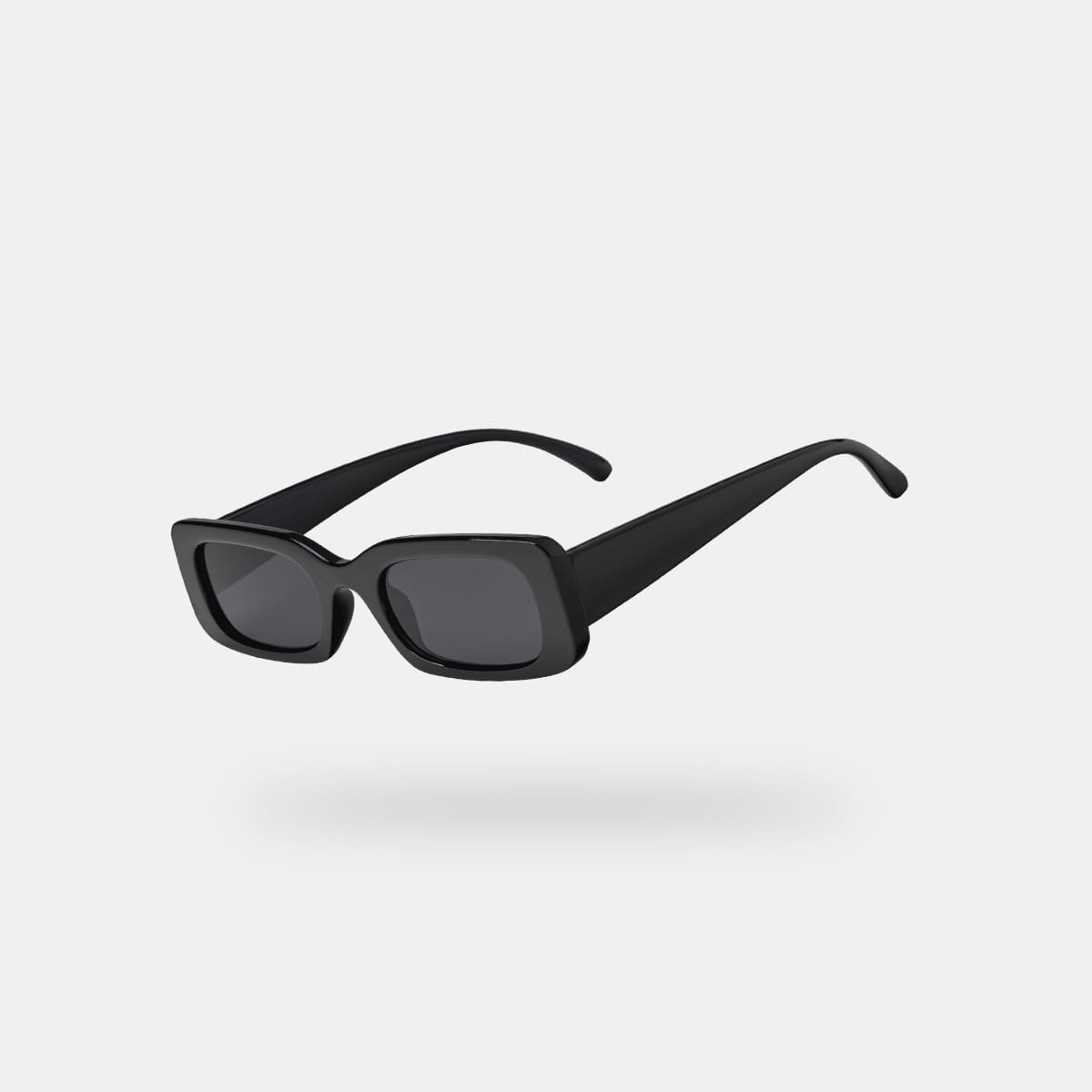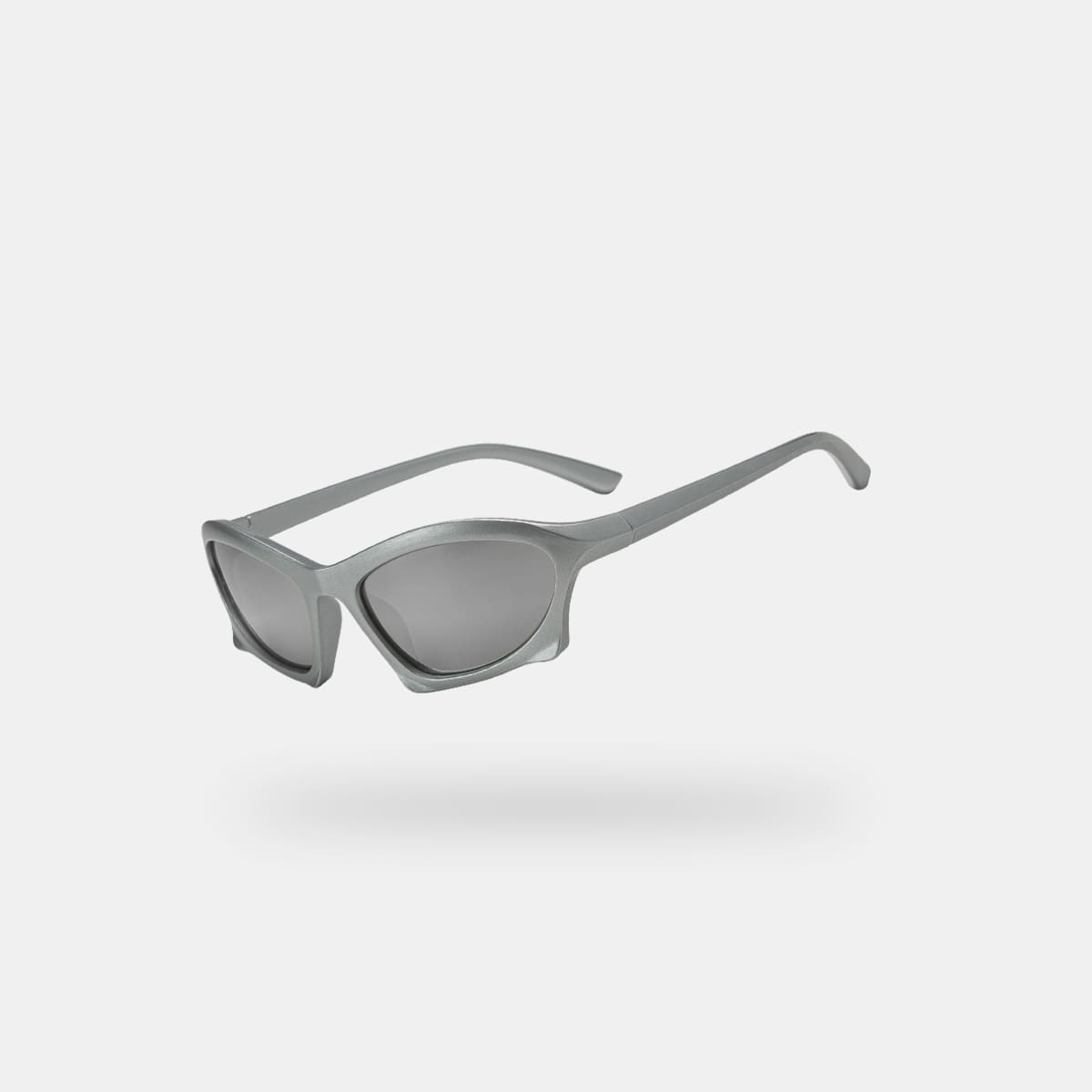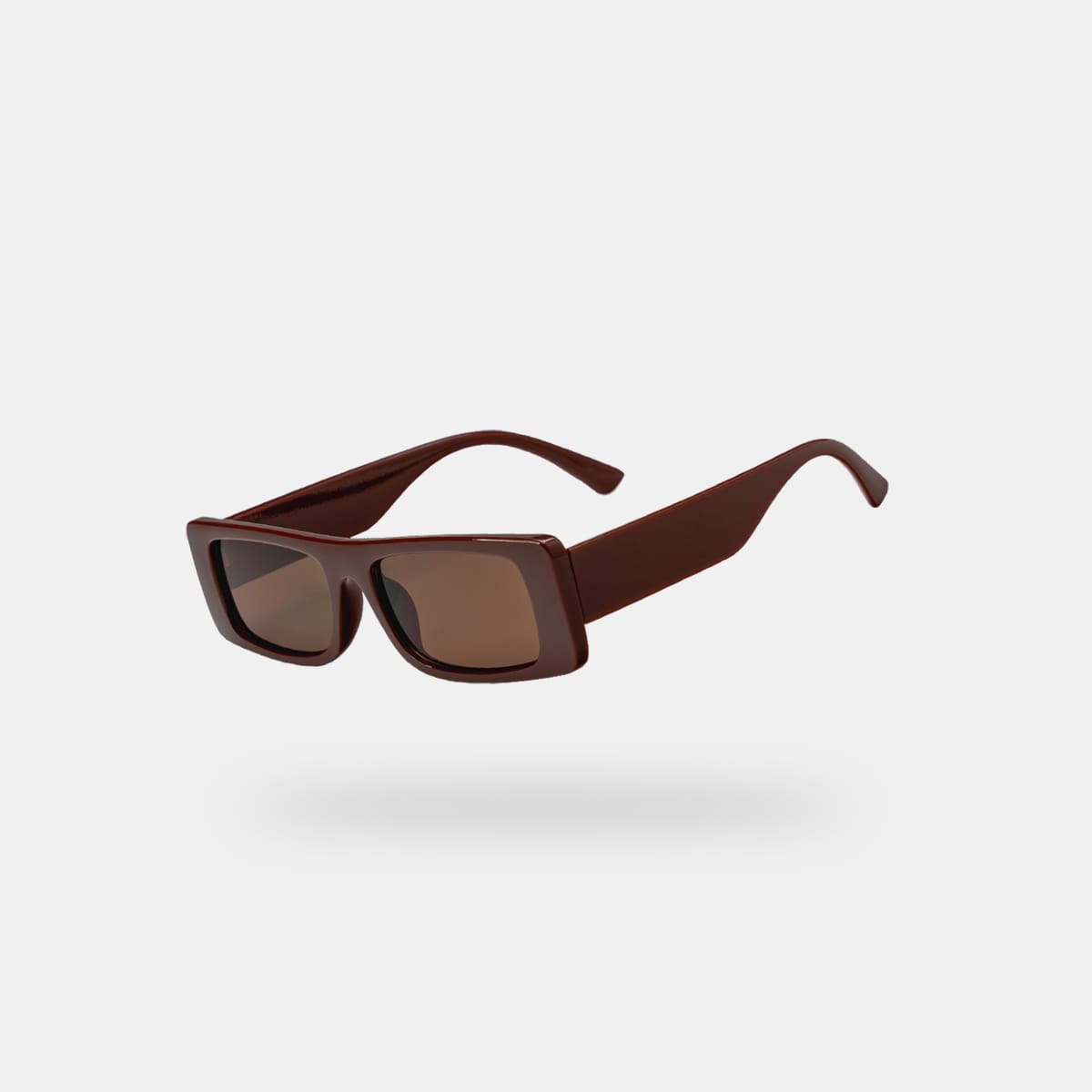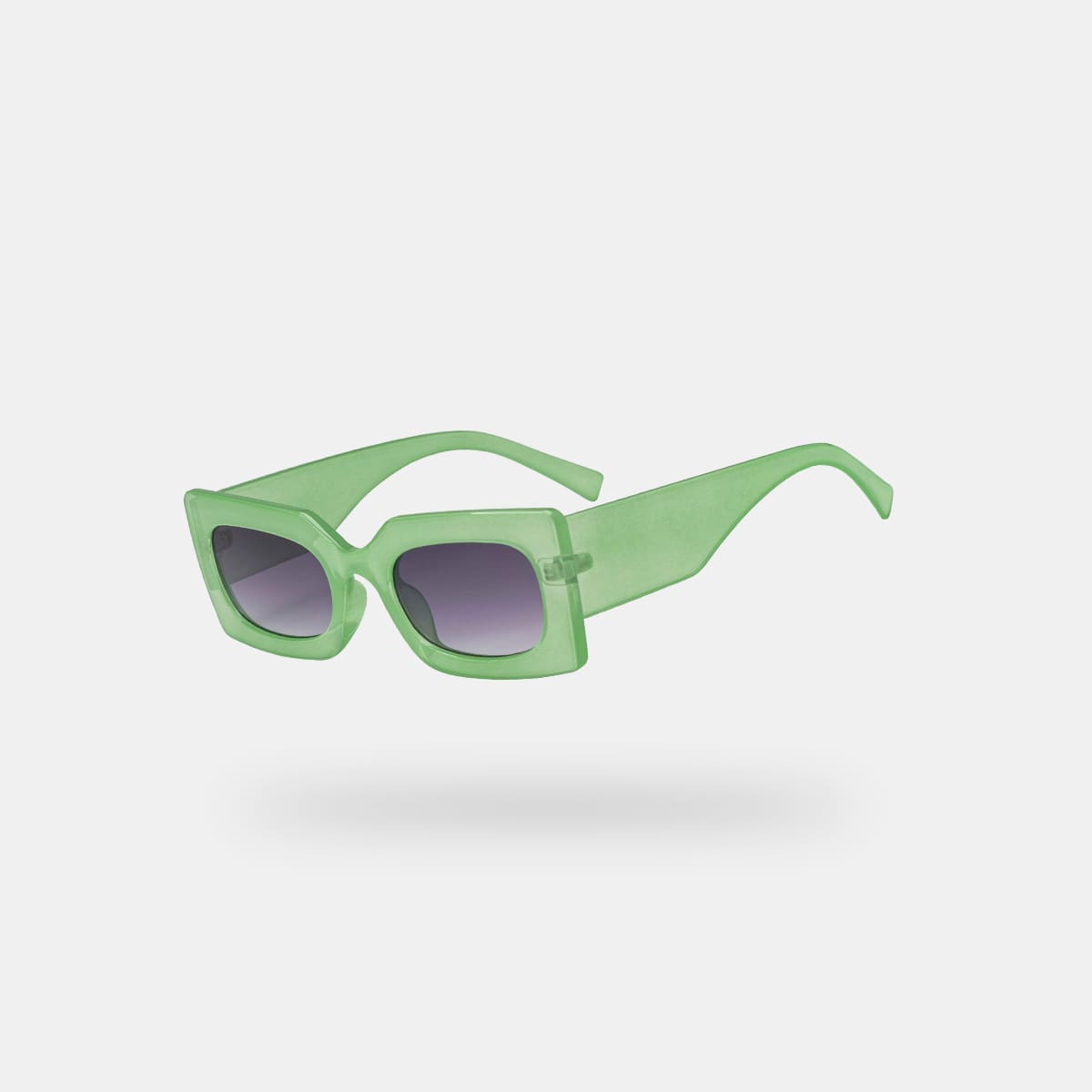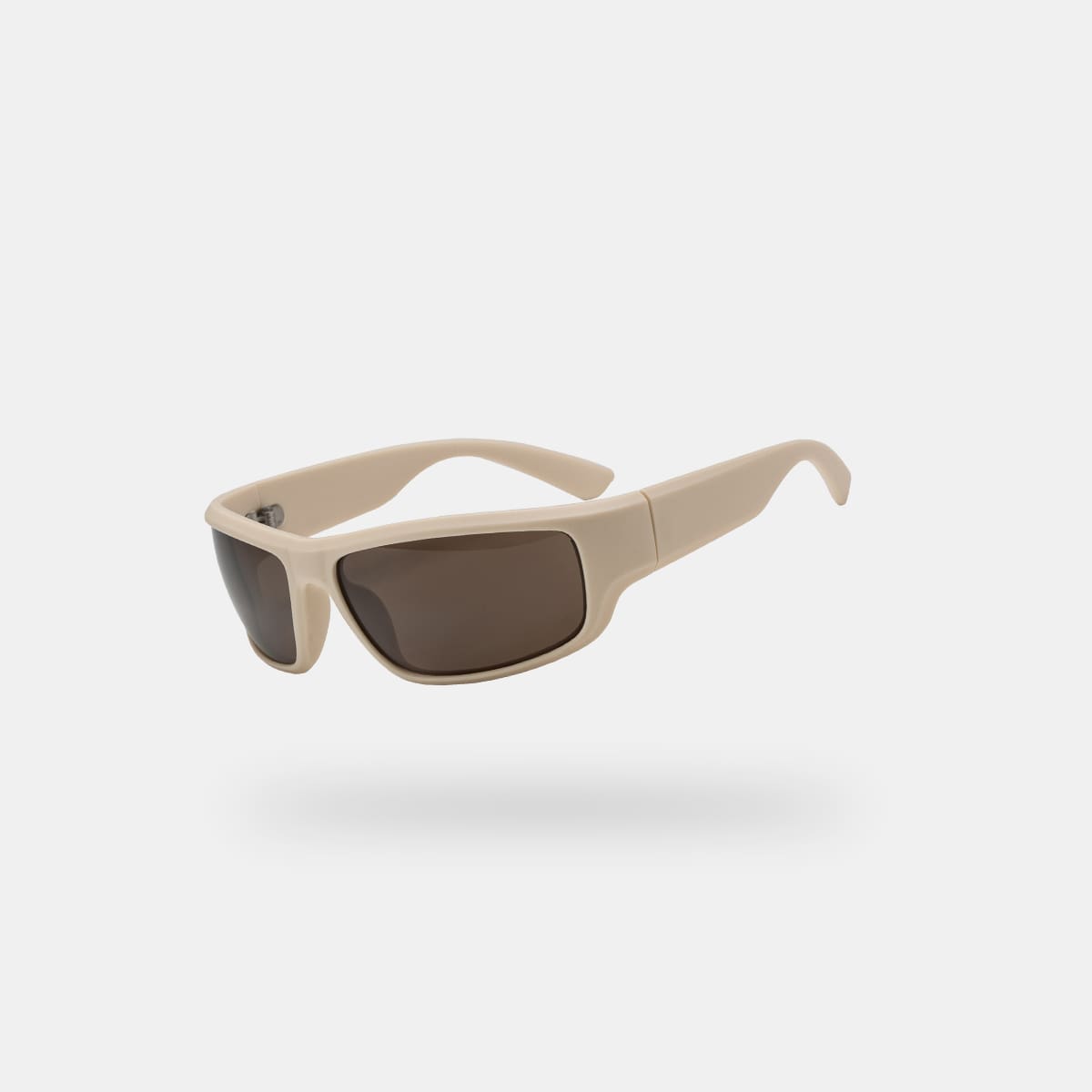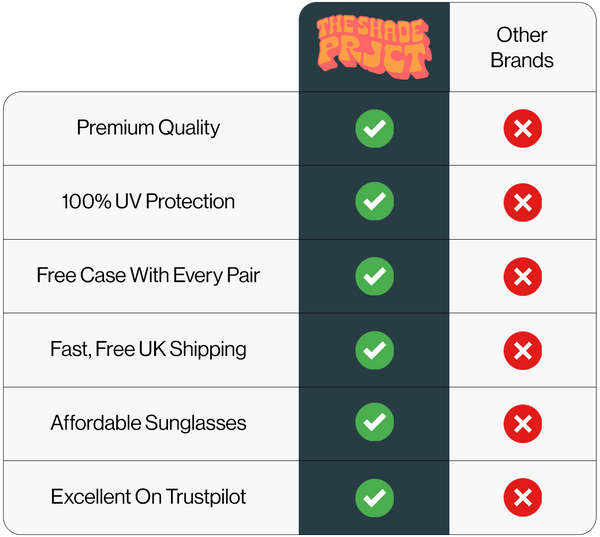Introduction
When it comes to driving, there are numerous safety precautions that need to be taken to ensure a smooth and secure journey. One common question that arises among drivers is, "Can you wear sunglasses whilst driving?" This article aims to provide a comprehensive answer to this question, backed by expert opinions and reliable sources. So, let's delve into the topic and shed some light on the matter.
Can You Wear Sunglasses Whilst Driving?
Driving requires good visibility and focus, as well as the ability to react quickly to changing road conditions. Sunglasses, on the other hand, are primarily worn to protect the eyes from sunlight and glare. So, can you wear sunglasses whilst driving? The answer is yes, but it comes with some important considerations.
The Importance of Clear Vision on the Road
Maintaining clear vision on the road is crucial for safe driving. Any obstruction or impairment to vision can increase the risk of accidents. Therefore, when wearing sunglasses while driving, it is essential to ensure that they do not compromise your ability to see the road clearly.
Choosing the Right Sunglasses for Driving
Not all sunglasses are suitable for driving. To ensure optimal visibility, it is recommended to choose sunglasses with certain characteristics:
Polarised Lenses: Polarised sunglasses help reduce glare, which is particularly useful when driving on sunny days or in snowy conditions. These lenses block horizontal light waves that cause glare, allowing for clearer vision.
UV Protection: Sunglasses should offer 100% UV protection to safeguard your eyes from harmful ultraviolet rays. Prolonged exposure to UV rays can lead to eye damage, including cataracts and macular degeneration.
Lens Colour: While personal preference plays a role in choosing lens colour, certain colours are known to enhance visibility on the road. Grey and brown lenses provide natural colour perception, while yellow or amber lenses can enhance contrast in low-light conditions.
Benefits Of Wearing Sunglasses While Driving
Wearing sunglasses while driving offers numerous benefits that contribute to a safer and more comfortable experience on the road. Firstly, sunglasses provide essential protection against harmful UV rays from the sun. Prolonged exposure to UV rays can lead to eye damage and vision problems, making proper eye protection crucial. Additionally, sunglasses help reduce glare caused by sunlight reflecting off surfaces such as roads, water, or other vehicles. By minimising glare, sunglasses enhance visibility and improve reaction times, enabling better control of the vehicle. Furthermore, sunglasses reduce eye strain and fatigue, particularly during long drives or under intense sunlight. They help relax the eyes and maintain optimal visual acuity, ensuring drivers stay alert and focused on the road ahead. By shielding the eyes from bright sunlight, sunglasses also contribute to overall driver comfort and promote a more relaxed driving experience.
Sunglasses To Avoid While Driving
When it comes to choosing sunglasses for driving, there are certain styles and features that are best to avoid. One type to steer clear of is oversized sunglasses that have frames extending beyond your peripheral vision. These can restrict your field of view and potentially hinder your ability to see approaching vehicles or pedestrians. Additionally, sunglasses with heavily tinted lenses, particularly those in dark or non-prescription colours like red or blue, may reduce overall visibility, especially in low-light conditions. Mirrored or flashy lenses can also cause distractions by reflecting light and creating glare. It's important to prioritise safety on the road, so opt for sunglasses with a comfortable and secure fit, appropriate lens tint, and a style that doesn't compromise your vision while driving.
Misconceptions and Legality Of Sunglasses While Driving
Addressing potential concerns is essential when it comes to wearing sunglasses while driving. One common concern is the potential interference with traffic signal recognition. However, most modern sunglasses are designed to preserve colour perception, allowing drivers to accurately interpret traffic signals. Another concern is LCD screen visibility, particularly in newer car models. While polarised sunglasses can affect the visibility of certain LCD screens, many sunglasses now come with technology that minimises this interference. It's important to check the compatibility of your sunglasses with the car's displays or consider using non-polarised options if necessary. Additionally, some drivers worry about the legality of wearing certain types of sunglasses in different regions. It's advisable to familiarise yourself with local regulations, as different areas may have specific guidelines on acceptable lens tints or other features. By addressing these concerns, drivers can make informed decisions and choose sunglasses that prioritise both eye protection and safe driving practices.
Tips for Maintaining Optimal Visibility with Sunglasses
To ensure clear vision while wearing sunglasses, incorporating a few simple practices into your routine can make a significant difference. Regularly cleaning the lenses with a microfibre cloth or lens cleaning solution helps remove smudges and dirt that can impair vision. Keep your sunglasses within easy reach, either in a designated compartment in your car or a protective case, to avoid fumbling for them when needed. Additionally, make it a habit to adjust the sunglasses to account for changing light conditions. This might involve sliding them down your nose or switching to a different pair with a lighter tint when transitioning to shaded areas or for nightfall. By following these practical tips, you can maintain optimal visibility and enjoy a comfortable driving experience while benefiting from the protection and style of your sunglasses.
Conclusion
Wearing sunglasses whilst driving can be safe and beneficial, provided certain factors are considered. Choosing the right sunglasses with polarised lenses, UV protection, and appropriate lens colour can help enhance visibility and reduce glare, ultimately promoting safer driving. However, it is important to ensure that the sunglasses do not compromise your ability to see traffic lights accurately or impair peripheral vision. If in doubt, consult with an eye care professional to find the most suitable sunglasses for your needs. So, the next time you find yourself asking, "Can you wear sunglasses whilst driving?" remember that with the right pair of sunglasses, you can protect your eyes from harmful UV rays, reduce glare, and drive safely. Enjoy the journey while keeping your eyes safe and comfortable!

